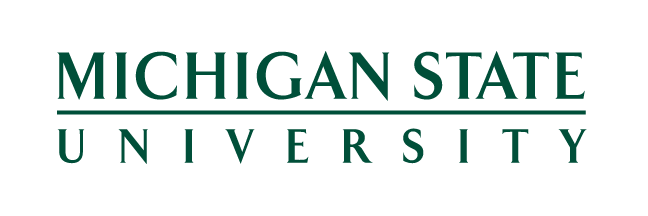
Emily Hatch
Erica Harbatkin
A Policy Brief from EPIC
COVID-19 and Michigan’s Lowest Performing Schools
May 2021
This policy brief explores the pandemic’s effects on the districts and students served by Michigan’s Partnership Model of School and District Turnaround. We show that Partnership communities are home to a disproportionate share of the state’s underrepresented minorities, have higher rates of poverty and food insecurity than other communities throughout the state, experienced extraordinarily high rates of COVID-19 in the early days of the pandemic, and have suffered more COVID-19 deaths than non-Partnership communities. Educators responded to these challenges by providing students with food, on-site mental health counselors, and technology resources—though there is still work to be done to close the opportunity gap for all students in these districts.
KEY FINDINGS INCLUDE:
- Counties with Partnership districts are home to a disproportionate share of underrepresented minorities and have higher rates of poverty and lower median incomes than other counties in the state
- COVID-19 hit Partnership communities earlier and harder than non-Partnership communities
- While all districts planned to address student mental health needs, non-Partnership districts were more likely to provide on-site access to mental health counselors
- Households in Partnership communities were more likely to have food insecurity than households in non-Partnership communities, but Partnership districts were less likely to distribute meals than were non-Partnership districts
- Partnership districts have relied heavily on remote-only instruction to educate students throughout the pandemic
- Partnership districts were more likely than non-Partnership districts to provide some forms of technology supports to make up for uneven community access to technology—though these supports were less comprehensive in Partnership districts
- Partnership districts rely heavily on revenue from state and federal funding sources, which may be less stable in the aftermath of the pandemic



